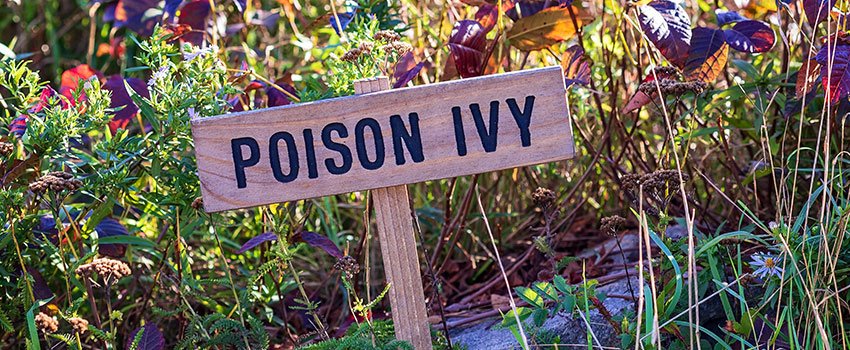
If you spent a lot of time in the woods as a child, you have likely heard the old adage, “leaves of three, let it be” in reference to poison ivy—but if you followed those directions carefully, you may not even know if you are allergic.
Even if you have experienced a rash due to poison ivy in the past, you may not be as sensitive to it now as you were then, as the reaction to it can vary over time. Read on as our team at AFC Urgent Care Mooresville shares everything you need to know about determining if you have a poison ivy allergy and how to treat it.
How Do I Know if I’m Allergic to Poison Ivy?
While many of us know that we are allergic to poison ivy due to itchy, painful rashes in the past, if you have never had an encounter with it, you may not know if you are allergic at all.
It is estimated that around 15% of the population is resistant to urushiol, the oil that causes rashes.
Types of Reactive Plants
- Poison ivy
- Poison oak
- Poison sumac
What Should I Do If I Get a Rash From Poison Ivy?
If you get a rash that is from poison ivy, oak or sumac, it can often be treated effectively at home.
In severe cases where exposure was great, you may need to talk with a doctor about prescription remedies.
Poison Ivy Treatment
- Wash the area with soap and water as soon as you can after coming into contact with the plant.
- Wash any clothes, tools and even shoes you were wearing that may have come into contact with poison ivy plants.
- If you have blistering, a cool compress may help relieve the pain.
- Topical itch creams formulated for poison ivy can be purchased over the counter, as well as calamine lotion.
If your poison ivy has persisted or become severe, we can help you. Contact your AFC Urgent Care Mooresville team today to schedule an appointment.


